MLK on Display at BU’s Gotlieb Center
Nobel laureate gave his papers, other items to his alma mater in 1964
Boston University’s collection of more than 80,000 letters and objects from Martin Luther King, Jr. (GRS’55, Hon.’59), Baptist minister, civil rights leader, and Nobel Peace Prize laureate, is one of the largest in the United States. It was also the Howard Gotlieb Archival Research Center’s (HGARC) founding donation, given to the University by King in 1964, the year he was awarded the Nobel. King, whose home had been firebombed in the 1950s, said he donated his records to his alma mater to keep them safe.
Since then, King’s gift has encouraged many other prominent and well-known national, and international, political and cultural figures to donate their papers and artifacts to the Gotlieb Center.
A portion of the MLK collection is on permanent display at Mugar Memorial Library. Among the exhibition’s pieces are King’s weathered briefcase and dozens of his handwritten letters, which continue to offer insight into the personal thoughts of a towering historical figure.
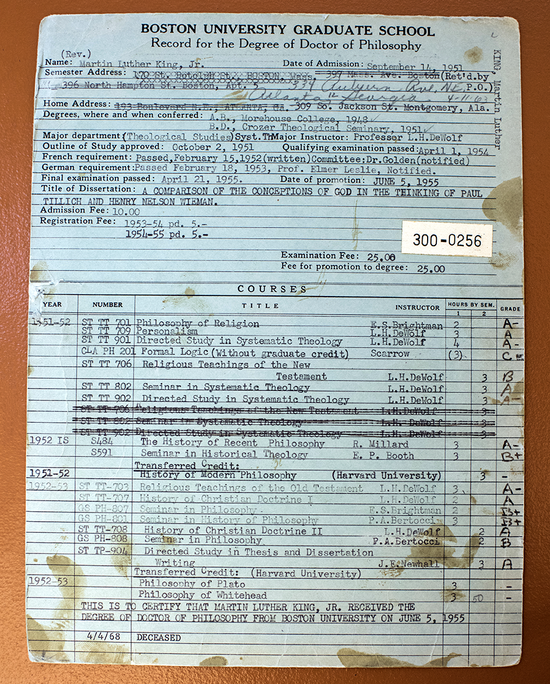
King did not always want to become a minister. At age 15, when he was admitted to Morehouse College, he had his eye on a career in medicine. Influenced by George Kelsey, director of the Morehouse School of Religion, King graduated with a sociology degree and chose to enter the ministry. He enrolled in Crozer Theological Seminary, graduating in 1951.
He came to BU in 1951 and studied systematic theology at BU’s School of Theology, also known as the “School of the Prophets” because of its long history of outreach and inclusion of all races and both sexes.
In 1955, six months after his BU graduation, King led the Montgomery bus boycott. A manual, illustrated like a comic book, was published by the Fellowship of Reconciliation, a pacifist group founded during World War I, to lend logistical and financial support to King’s efforts by raising funds to support those participating in the boycott.
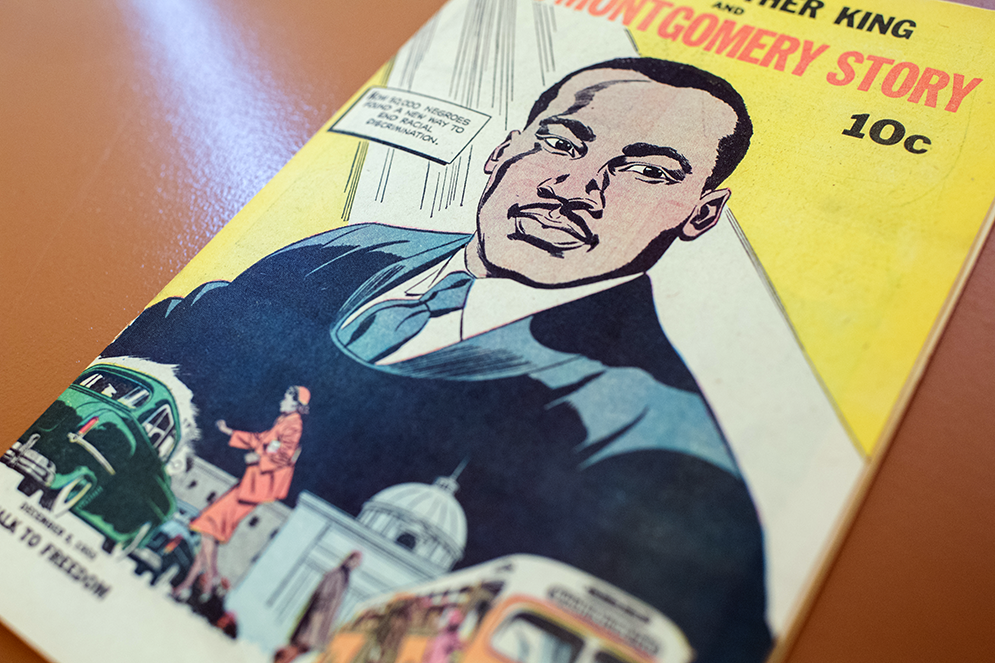

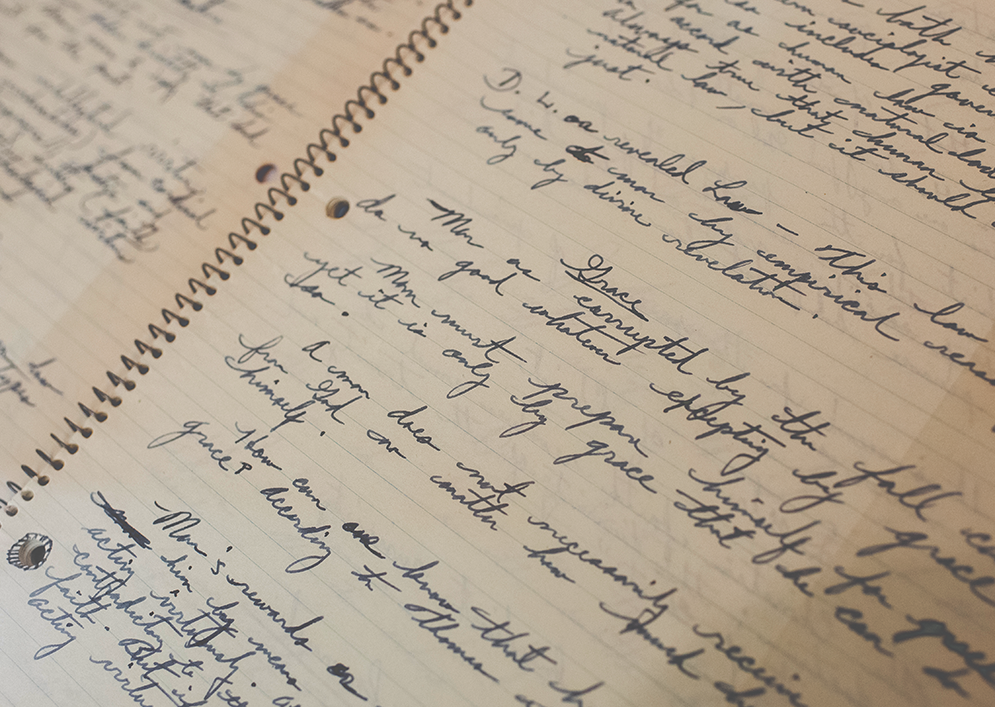
Many of King’s early letters illustrate that his efforts align his intellectual education with his desire to push the Civil Rights Movement forward, says Ryan Hendrickson, HGARC assistant director for manuscripts. Others show his pain as people in the movement began to lose faith in nonviolent strategies.
Supporters reached out to King often. He was a prolific writer, and he employed as many as five secretaries at once. He corresponded with many prominent names of the era, such as baseball legend Jackie Robinson, jazz crooner Nat King Cole, and Robert Kennedy, US attorney general from 1961 to 1964 and US senator from 1965 to his death in June 1968.
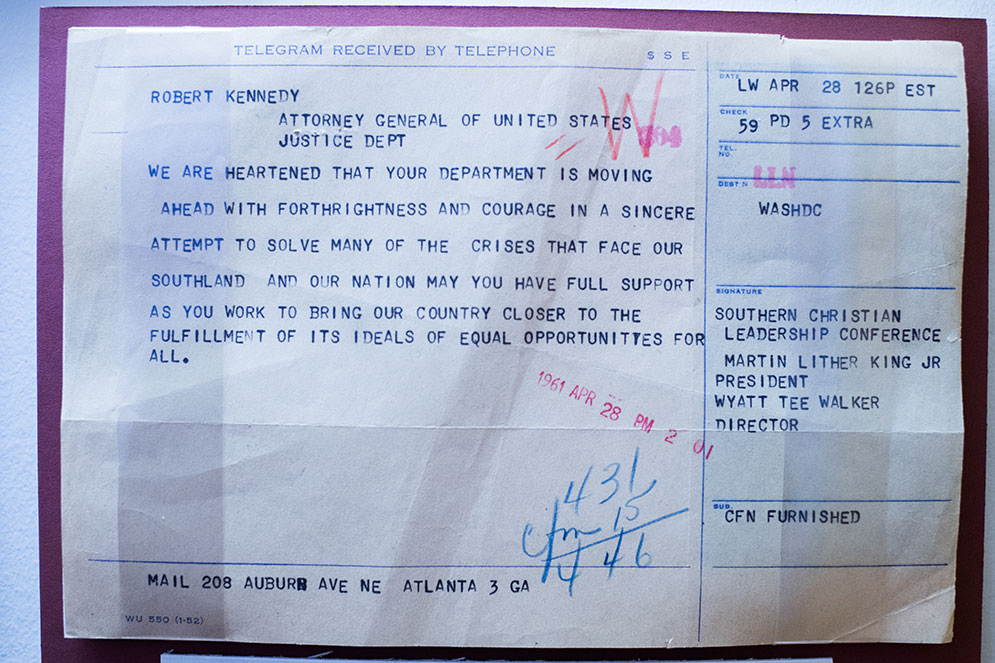
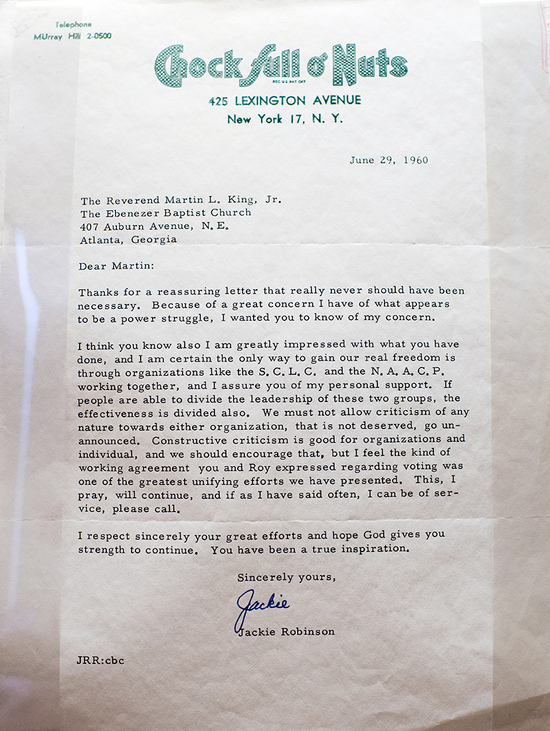
This Series
Also in
Capturing History
-
February 8, 2018
Keeper of the Treasures
-
February 14, 2018
Love, Passion, and Longing Brought to Life
-
March 2, 2018
Oscars Up Close




Comments & Discussion
Boston University moderates comments to facilitate an informed, substantive, civil conversation. Abusive, profane, self-promotional, misleading, incoherent or off-topic comments will be rejected. Moderators are staffed during regular business hours (EST) and can only accept comments written in English. Statistics or facts must include a citation or a link to the citation.